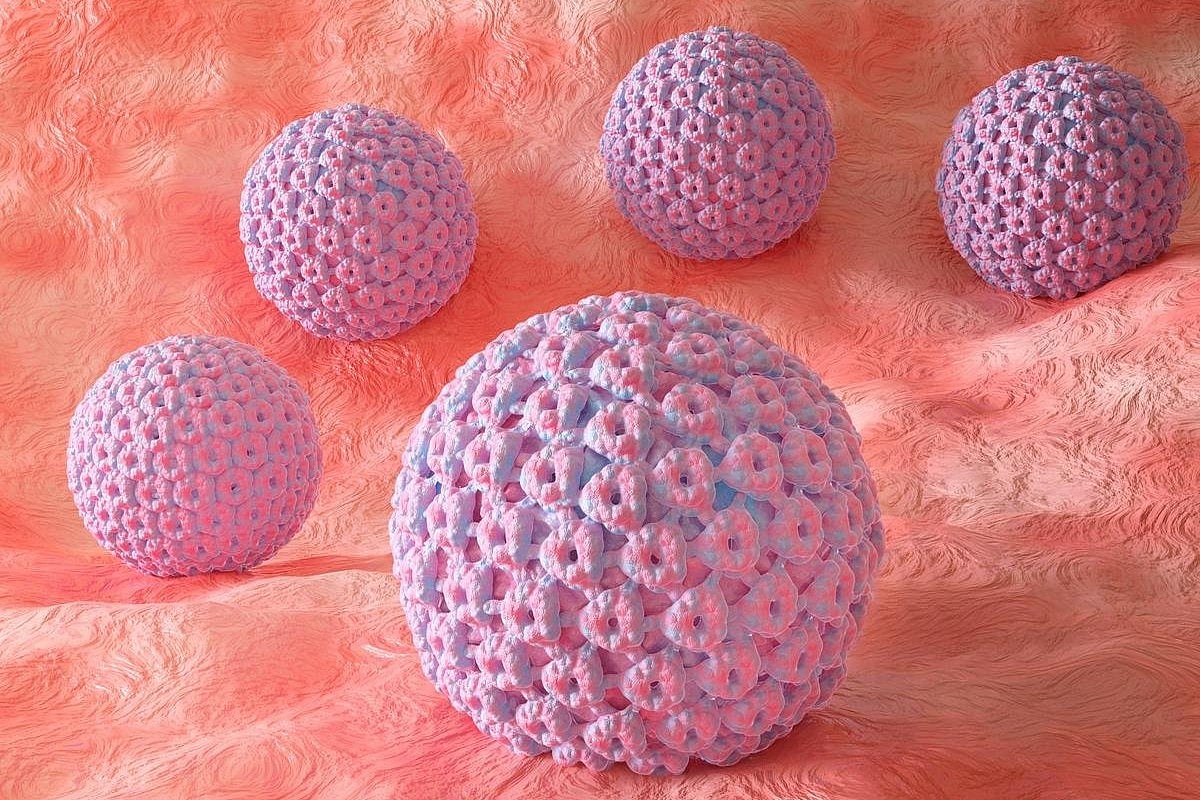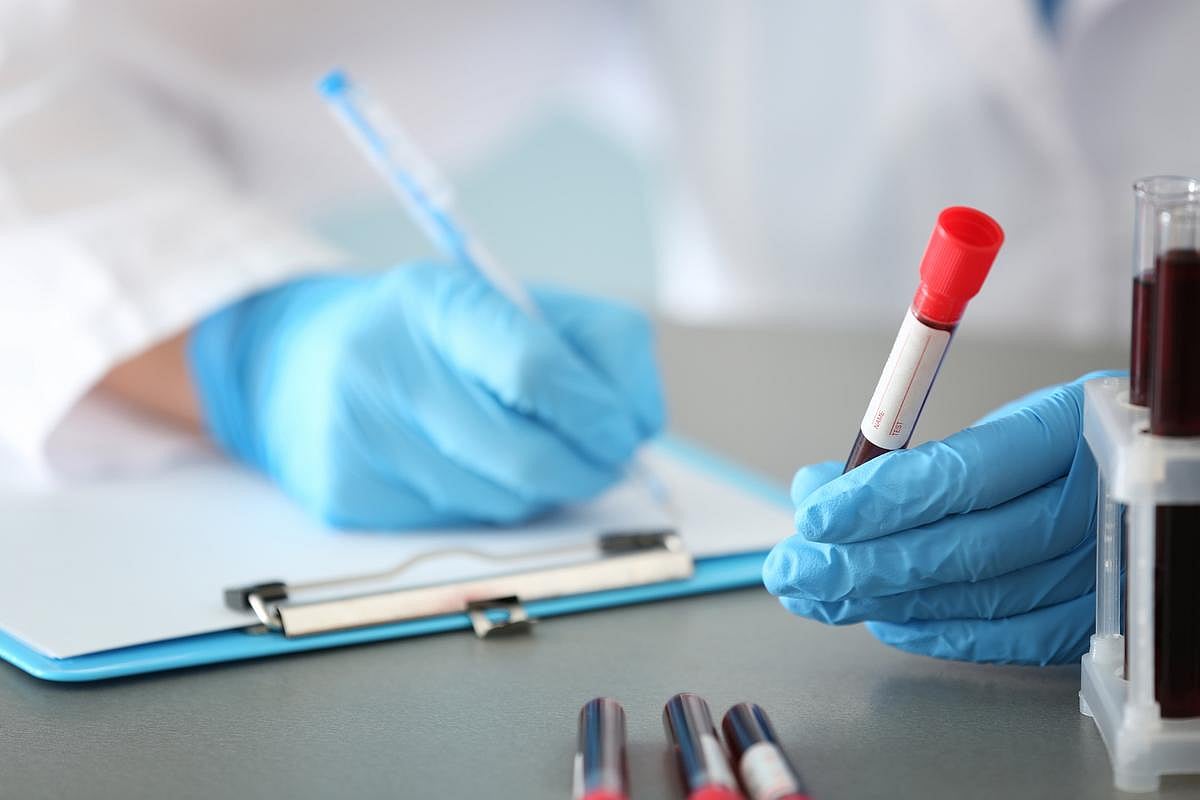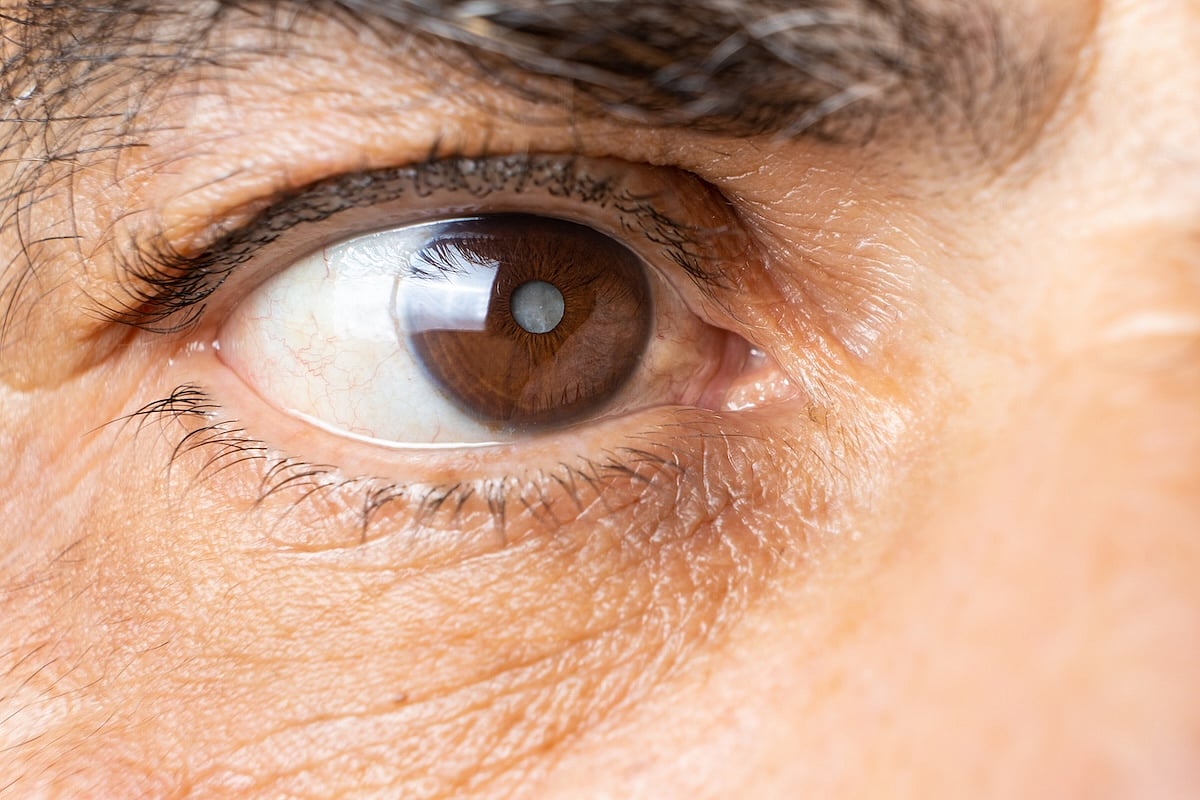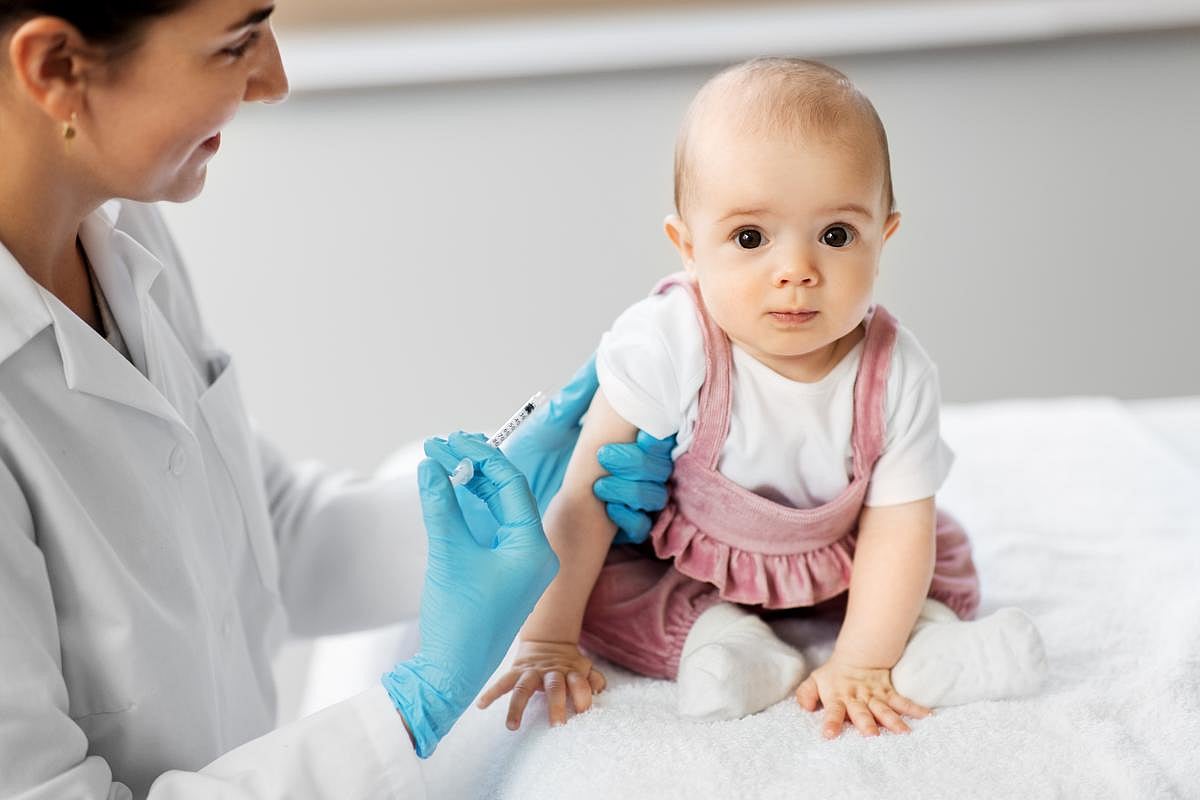.jpg)
A “keto” diet might help people with depression, a small-scale pilot study suggests. Depression symptoms decreased by about 70% among a small group of college students who followed a ketogenic diet for at least 10 weeks, researchers reported in the journal Translational Psychiatry. “So many people are suffering right now, so it’s rewarding to potentially… read on > read on >


















